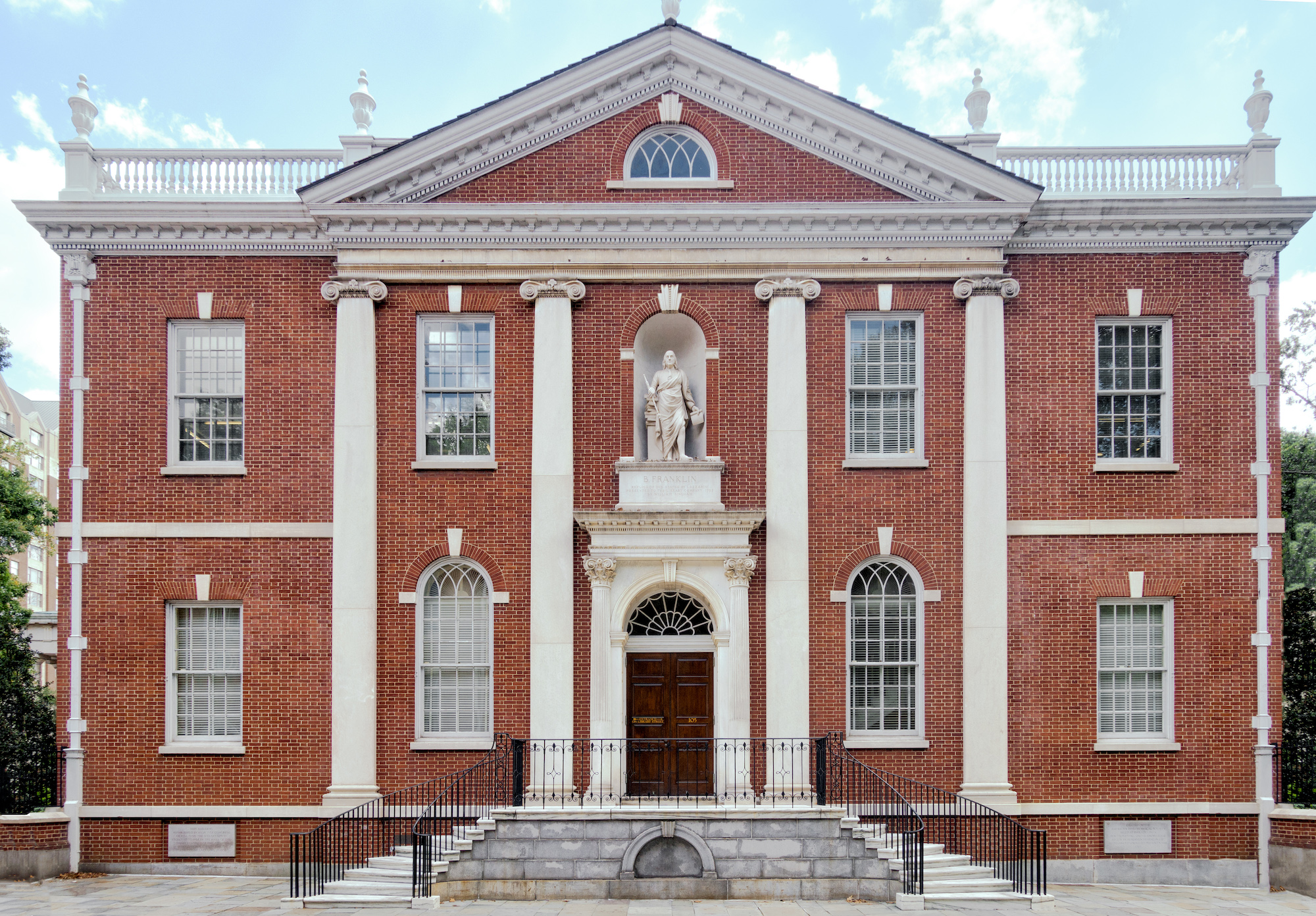
Wikimedia Commons
Owen Fiss, Sterling professor emeritus of law, was awarded the American Philosophical Society’s Henry M. Phillips Prize on Nov. 13 during its autumn general meeting.
The APS bestows the prize on those who have made outstanding contributions to the field of jurisprudence or legal theory. In its 125-year history, the prize has been awarded only 26 times. The selection committee consisted of six members, including Linda Greenhouse LAW ’78 — the president of APS and Joseph Goldstein Lecturer in law at Yale Law School — and Sterling professor of law Robert Post LAW ’77. In the selection committee’s citation, the members recounted Fiss’ achievements in the legal profession, noting his “inspirational interpretation of legal equality in terms of overcoming and resisting social stratification.”
“Fiss has been a deep student of civil procedure, teaching the American legal system about judicial remedies addressing systemic wrongs as well as the essentials of public law adjudication,” Greenhouse said in a speech representing the selection committee at the general meeting. “He led the way in proposing revolutionary new understandings of the theory and application of anti-discrimination law, advocating that it become an instrument for the removal of structural conditions of inequality.”
The committee also recognized Fiss’ achievements in studying breaches of the American Constitution as a result of the war on terror and the inability of the judicial branch to hold other branches of government accountable, ideas he discusses in his book “A War Like No Other: The Constitution in a Time of Terror.” His work pushing for legal reform in South America and the reinterpretation of the First Amendment to emphasize the “social functions of speech” in a democracy were also points of veneration.
In an email to the News, Fiss referred to his acceptance remarks. During the ceremony, Fiss reflected on his efforts and the current moment the United States finds itself in.
In a copy of his acceptance remarks obtained by the News, Fiss identifies his role in defending the legitimacy of the Brown v. Board of Education decision — the Supreme Court case that desegregated public schools and condemned the “racial caste system,” according to Fiss — as the basis of his receiving the award.
“In honoring me you are honoring this scholarly project and also acknowledging its transcendent significance for the Nation,” said Fiss.
According to Fiss, since the mid-1970s, the Supreme Court — which was “once the catalyst and engine” of the Second Reconstruction — has policed and limited reform measures initiated by the government and civil society. According to the “History, Art & Archives” website of the House of Representatives, the Second Reconstruction from 1945 to 1968 marked the desegregation of public spaces and the granting of civil liberties to African Americans through the Civil Rights Act of 1964. It followed the First Reconstruction from 1865 to 1867, which attempted to redress the legacies of slavery and navigate the readmission of the 11 states that seceded from the Union during the Civil War. The First Reconstruction is largely considered a failure, as it led to the rise of Jim Crow laws, which segregated public spaces, and the emergence of the Ku Klux Klan.
Protests sparked by George Floyd’s death during the summer, Fiss said, showed that the project to dismantle the “racial caste system” remains unfinished.
“Might you, dear Society, be calling for a Third Reconstruction?” said Fiss.
Different aspects of Fiss’ professional life motivated members of the committee to select him.
In an email to the News, Geoffrey Stone, a professor at the University of Chicago Law School, expressed admiration for Fiss’ legal scholarship.
“In short, Owen Fiss is one of the great legal scholars of the last half-century,” Stone wrote. “He has written many fundamentally important and influential scholarly articles and books that have shaped our thinking on central issues of constitutional law and legal theory.”
Personally, Stone added, he regards Fiss as one of the top 10 most influential legal scholars “of his generation.”
Former Dean of Harvard Law School Martha Minow LAW ’79 chose to highlight Fiss’ work in the classroom and explained how that work has led to improvements in society.
“An inspiring teacher who grapples with both the issues of the day and the enduring and unfinished work of realizing constitutional principles, Professor Fiss has made indispensable contributions to [the] ideas and practices of legal reasoning, legal systems, and legal tools for bettering society,” Minow said in an email to the News.
Fiss clerked for Thurgood Marshall — the leading lawyer in the Brown v. Board of Education case and the first African American Supreme Court justice — from 1964 to 1965.
Razel Suansing | razel.suansing@yale.edu







